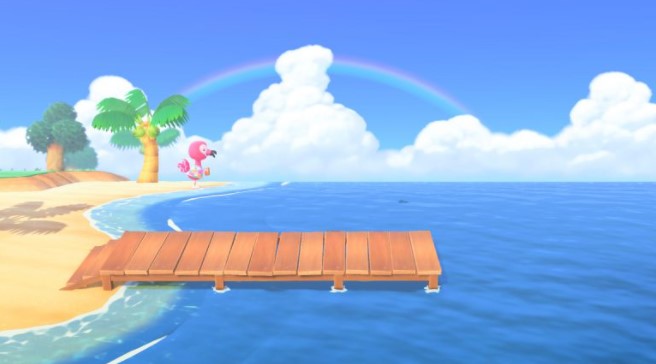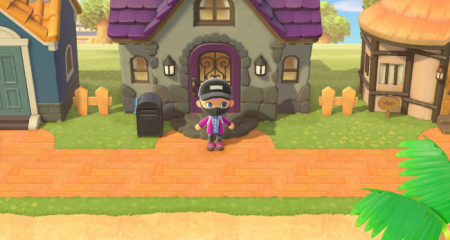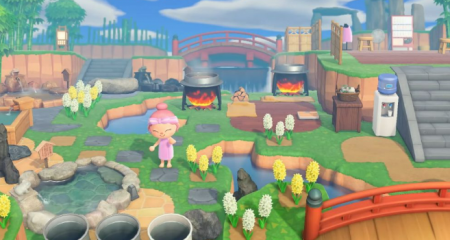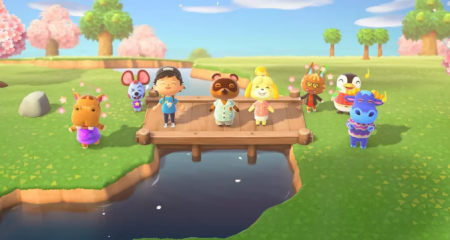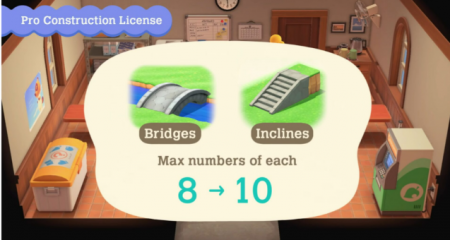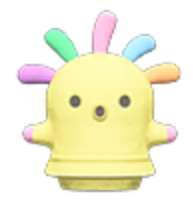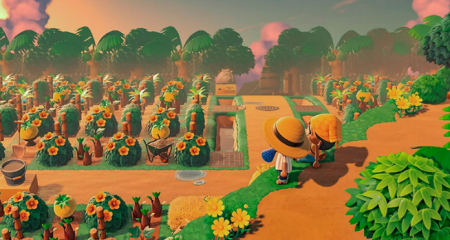Do you want to know when those heavy Meteor Showers will eventually show up on your Animal Crossing: New Horizons island? There is a new method to help predict exactly when the stars, rainbows, auroras, rain, and more will come to your ACNH island. For your information, each island in ACNH is assigned one of more than two billion different ‘seeds’ to determine your weather patterns, including the rain, snow, clouds, meteor showers, auroras, rainbows, and wind power.
By keeping track of what the types of weather you have experienced on your ACNH island at different times, you are able to begin narrowing down the different possible weather seeds which your save file may have until you discover the exact weather seed that your island and save file uses.
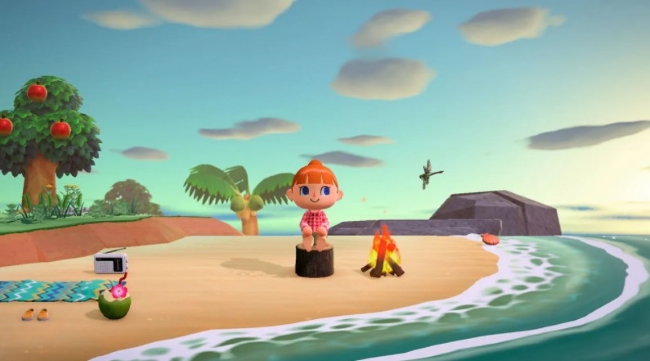
Of course, it would take an impossible amount of time under normal circumstances. However, a helpful new tool named MeteoNook has emerged to do the job. By using MeteoNook, your weather data is able to be entered into the app to start automatically narrowing down your weather seed possibilities by trial and error on the tool’s part. For your information, this great tool called MeteoNook was made by Ninji. He is a favorite dataminer in the community of Animal Crossing: New Horizons for his previous work on the game.
When you have entered enough data to determine your island’s weather seed, that is when the real magic occurs. Using your weather seed, it is possible to see the complete weather forecast on your ACNH island for 40 years into the future down to the exact hour. To collect and input weather data for use with MeteoNook, it is very important to fully understand each type of weather and how it works. Here we are going to share all the different weather types in Animal Crossing: New Horizons.
Types of Standard Weather in Animal Crossing: New Horizons
Apparently, there are six different standard types of weather in Animal Crossing: New Horizons to look out for when inputting data from your screenshots: Clear, Sunny, Cloudy, Rain Clouds, Rain, and Heavy Rain.
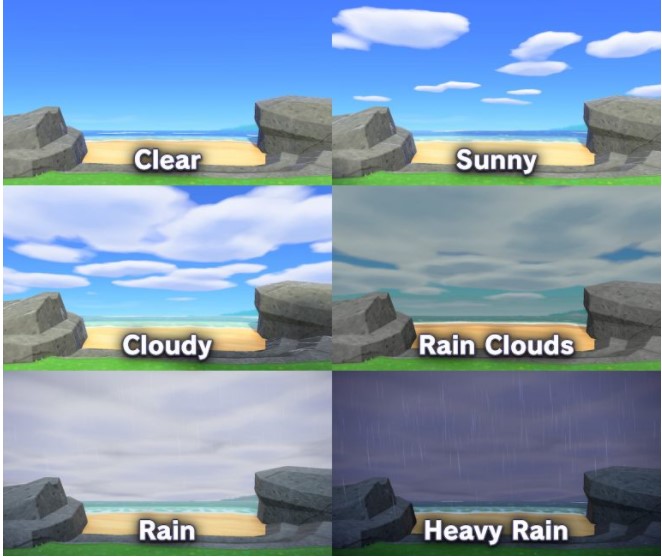
- Clear
When you have the Clear weather type, the sky is going to be absolutely perfectly clear of any clouds. Just bright blue sky during the day, and lots of stars during the night. It is easy enough to notice this type of weather. - Sunny
As far now, the most common weather you are going to encounter is Sunny weather type. This weather features a sprinkling of clouds throughout your sky. Sometimes, it can be difficult to tell this type of weather from Cloudy. So, you have to be careful. - Cloudy
This type of weather brings a heavy amount of clouds to the sky with far more than the Sunny type. Again, occasionally, it is able to be difficult to tell this apart from the Sunny type because they are able to have a fair amount of clouds. - Rain Clouds
Appearing before and after rain, the Rain Clouds weather type will feature a rather gloomy atmosphere to your ACNH island with lots of clouds. This weather type is fairly easy to notice if the weather feels dark and gloomy, however without any actual rain. - Rain
This weather type is exactly what it sounds like, Rain. You are going to spot this one when light rain is pouring on your ACNH island, or light snow during the Winter season. - Heavy Rain
When you feel that the rain on your own island is extremely strong and the atmosphere appears downright stormy, it is likely you have the Heavy Rain weather type. But, you have to be careful that it is easy to confuse this type weather with the regular Rain type too.
- Clear
Types of Special Weather in Animal Crossing: New Horizons
Besides the standard weather, there are 3 special weather types which are especially important when inputting data into MeteoNook: Meteor Showers, Rainbows, and Auroras. By entering these, you are going to vastly speed up the process of discovering your weather seed. You do not need to enter any standard weather for days where you have special weather data.
- Meteor Showers (Light and Heavy)
Whenever you view shooting stars in the sky on your island, a type of Meteor Shower has happened on that day. Need to know that there are two types of meteor showers; light and heavy. A light Meteor Shower is going to result in several bursts of shooting stars per hour. While a heavy Meteor Shower will bring shooting stars every several minutes for almost the entire evening. If you see Celeste on your island at all on an evening, then it is safe to assume at least a light Meteor Shower happened on that day. Generally, if you do not remember a barrage of the stars all night long and Isabelle did not announce anything, it is likely a light version. For the fastest results, you are able to add in the exact minutes or seconds which shooting stars were seen crossing the sky during Meteor Showers. This may be risky and easily throw off your entire search if you enter a time incorrectly. But if done correctly, you are going to find your weather seed much faster. - Rainbows

If you ever see a nice rainbow going across your sky after a rainstorm, you will surely want to input that data. It is likely you took a screenshot of such a great event too if you saw one, so you have to consider for those in your album. - Auroras

During the Winter season in ACNH, the stunning Aurora Borealis or Aurora Australis will be spotted on rare occasions. It is hard to miss these. There is a good opportunity you have a screenshot to use, like with Rainbows. For the Northern Hemisphere, you are going to find those auroras between December 11th to February 24th. For the Southern Hemisphere, you are going to find them between June 11th to August 24th.
- Meteor Showers (Light and Heavy)
AUTHOR BIO
On my daily job, I am a software engineer, programmer & computer technician. My passion is assembling PC hardware, studying Operating System and all things related to computers technology. I also love to make short films for YouTube as a producer. More at about me…
